I became interested in becoming a Speech-Language Pathologist initially because of an off-hand comment that a guy I was dating at the time said. His professor had said, “If I had to do over again, I think I would become a speech therapist.” I was sort of floating at that time, not really sure what I wanted to do with my life, and he said to me, “maybe you should be a speech therapist. You like people and you like talking, so maybe it would be a good fit for you.”
So I started looking into what “speech therapy” really meant, what sort of schooling would I need to complete, etc. And that next fall I was enrolled in the post-bac program at the University of Washington, with the goal of applying to the graduate program the following year. At that time, I thought speech therapy meant working in schools with kids, and that is what I saw myself doing: working Monday through Friday, summers off with my future kids. However, in my first class we were required to observe several SLP sessions in the grad school clinic. My first session, I watched an SLP work with a little boy on his articulation, and I realized I did NOT want to do that for the rest of my life. It looked like a lot of embedding therapy into games, being creative, and, frankly, baby-sitting. Which is not to say that SLPs who work with children don’t do remarkable work – they do!! It just wasn’t something that I could see myself doing.
Luckily, my very next session was with an older gentleman with expressive aphasia. He had very little verbal output, but he was vivacious and excited to participate in life to the best of his abilities. He had a deep love of baseball, and wanted to be able to go to Mariner games with his family and participate in the baseball chatter. And so, the SLP had added some baseball pages to his communication book, and they were practicing using the pages to participate in a conversation. The look on his face as he was able to point to “homerun!” or “strike” was priceless – he was so excited! I knew in that moment that I had found what I wanted to do.
Over the course of grad school and my first few years working in the skilled nursing and rehabilitation setting, my love for the geriatric population grew so much that my husband started saying to me, “You don’t want a baby, what you really want is an old person!” In a way, he was right. The geriatric population is so exciting to me! Where else can you hear first hand stories about smuggling alcohol across the border during prohibition or fighting in World War II? They have so much to share, and I feel privileged and honored to work with them everyday.
Erin Carver, MS, CCC-SLP
Director of Rehabilitation
Bethany at Silver Lake






